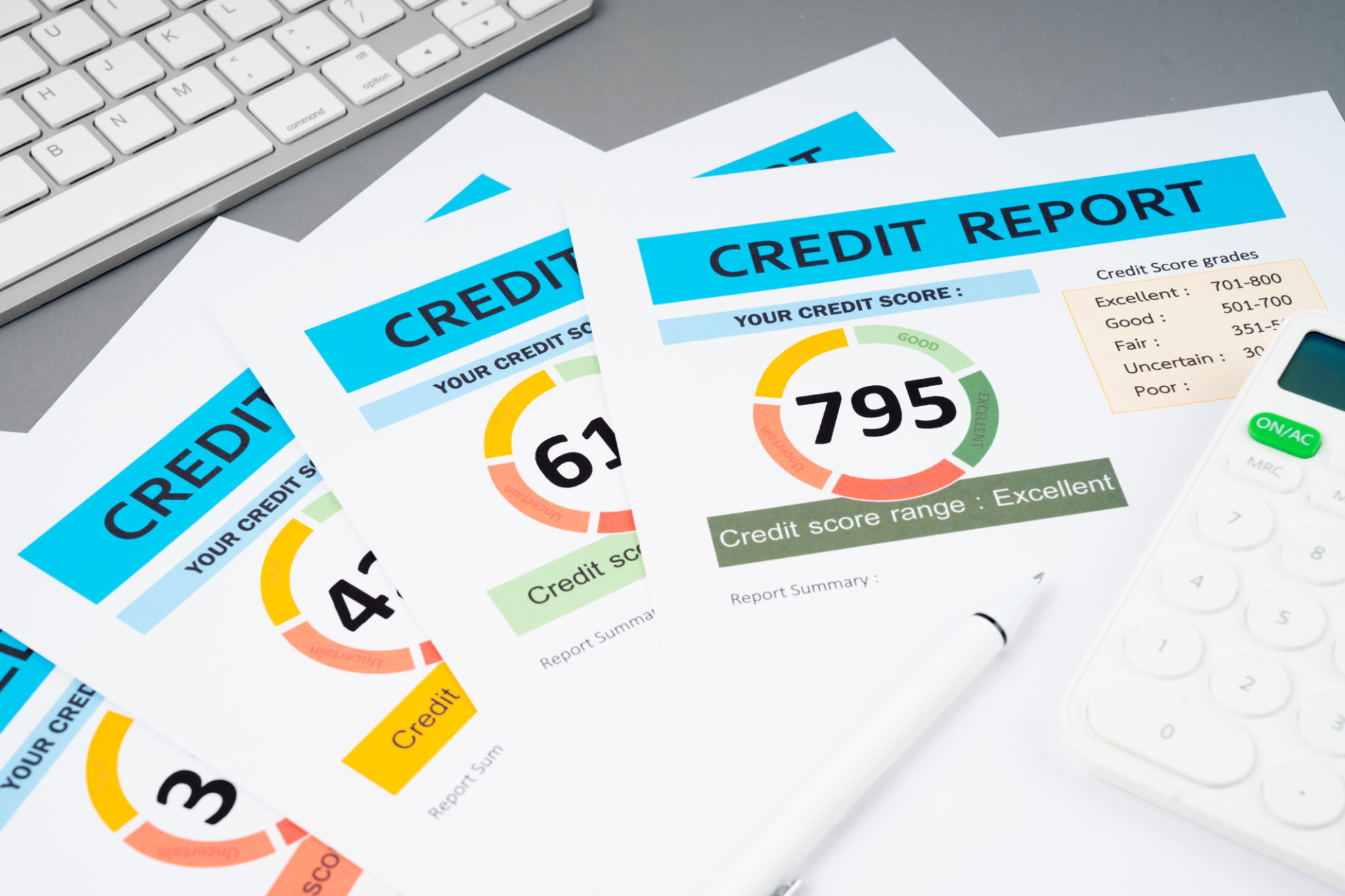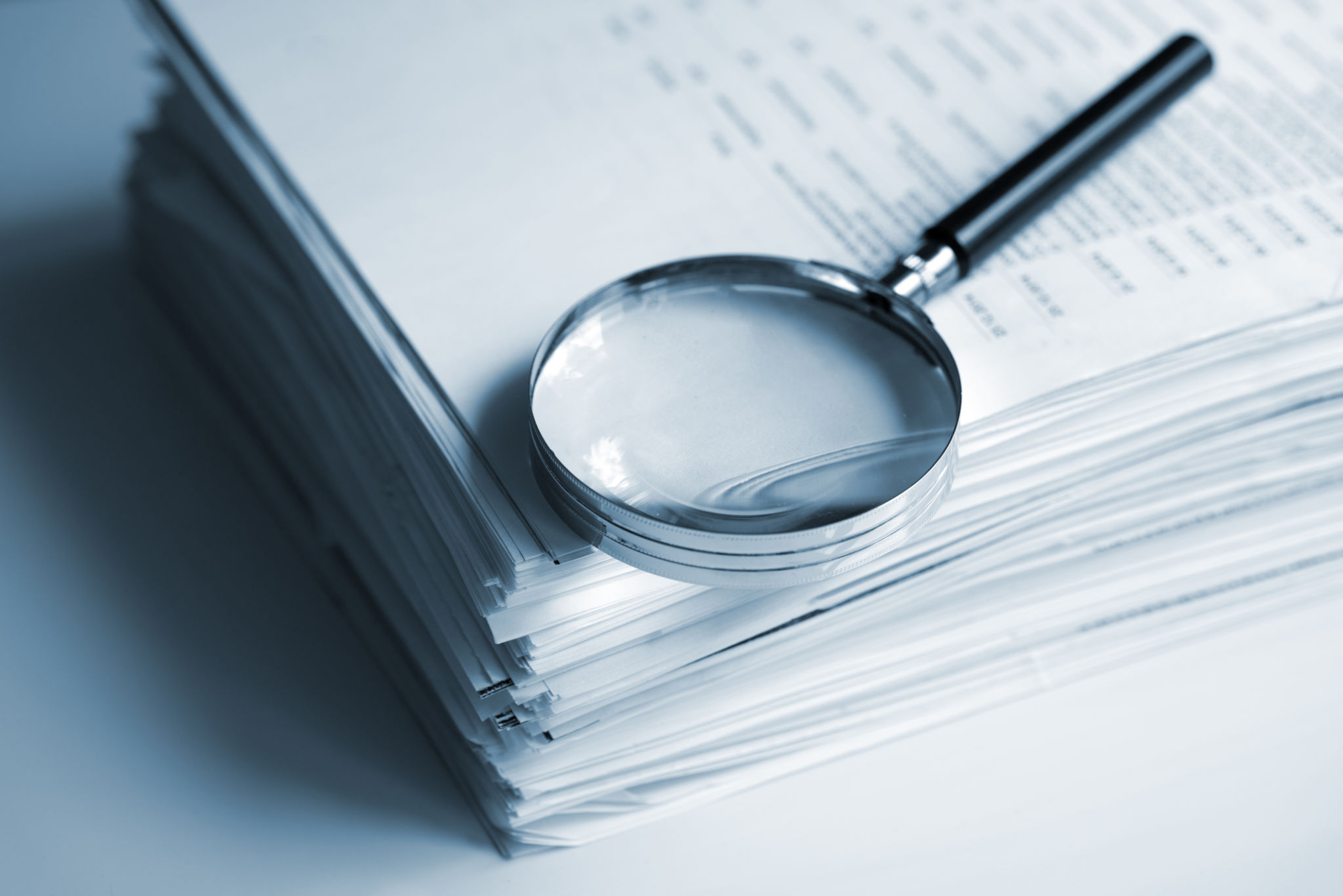How to Dispute Errors on Your Credit Report: A Step-by-Step Guide
Understanding the Importance of Your Credit Report
Your credit report plays a crucial role in your financial life. It determines your eligibility for loans, credit cards, and even affects your ability to rent an apartment or get a job. Therefore, maintaining an accurate credit report is essential. Unfortunately, errors can occur, but the good news is that you can dispute them effectively.

Identifying Errors on Your Credit Report
The first step in disputing errors on your credit report is to identify them. Regularly review your credit reports from all three major credit bureaus: Equifax, Experian, and TransUnion. Look for inaccuracies such as incorrect personal information, accounts that don't belong to you, and incorrect account statuses.
Common errors also include outdated information, duplicate accounts, and incorrect balances. Carefully scrutinize each entry to ensure everything is accurate and up-to-date. This vigilance can help protect your credit score and financial reputation.
Gathering Supporting Documentation
Once you've identified the errors, gather any documentation that supports your claim. This might include bank statements, loan documents, or correspondence with creditors. Having concrete evidence will strengthen your dispute case and increase the chances of a successful resolution.

Contacting the Credit Bureau
Now that you have identified the errors and collected supporting documents, it's time to contact the credit bureau. Write a detailed letter explaining the error and include copies (not originals) of your supporting documents. Be sure to include your contact information and keep a copy of the letter for your records.
Most credit bureaus offer online dispute options, which can expedite the process. However, sending a letter can sometimes be more effective in conveying detailed information.
The Dispute Process
Once the credit bureau receives your dispute, they are required to investigate it within 30 days. They will contact the creditor in question to verify the information. If the creditor cannot verify the accuracy of the information, it must be removed from your report.

Following Up on Your Dispute
After the investigation period, the credit bureau will provide you with the results in writing. If they find an error, they will correct it and send you a free copy of your updated credit report. If your dispute is denied, you can request that a statement of the dispute be included in your file for future reference.
Don't hesitate to follow up if you don't receive a response within the expected timeframe. Persistence is key when dealing with credit report errors.
Preventing Future Errors
To prevent future errors on your credit report, consider enrolling in a credit monitoring service. These services will alert you to any changes in your credit report, allowing you to catch potential errors early. Additionally, make it a habit to review your credit reports annually from each of the three major bureaus.

Conclusion
Disputing errors on your credit report might seem daunting, but it's a necessary process to ensure your financial health. By staying vigilant and proactive, you can protect and improve your credit standing. Remember, an accurate credit report is not only crucial for obtaining credit but also for securing a stable financial future.
